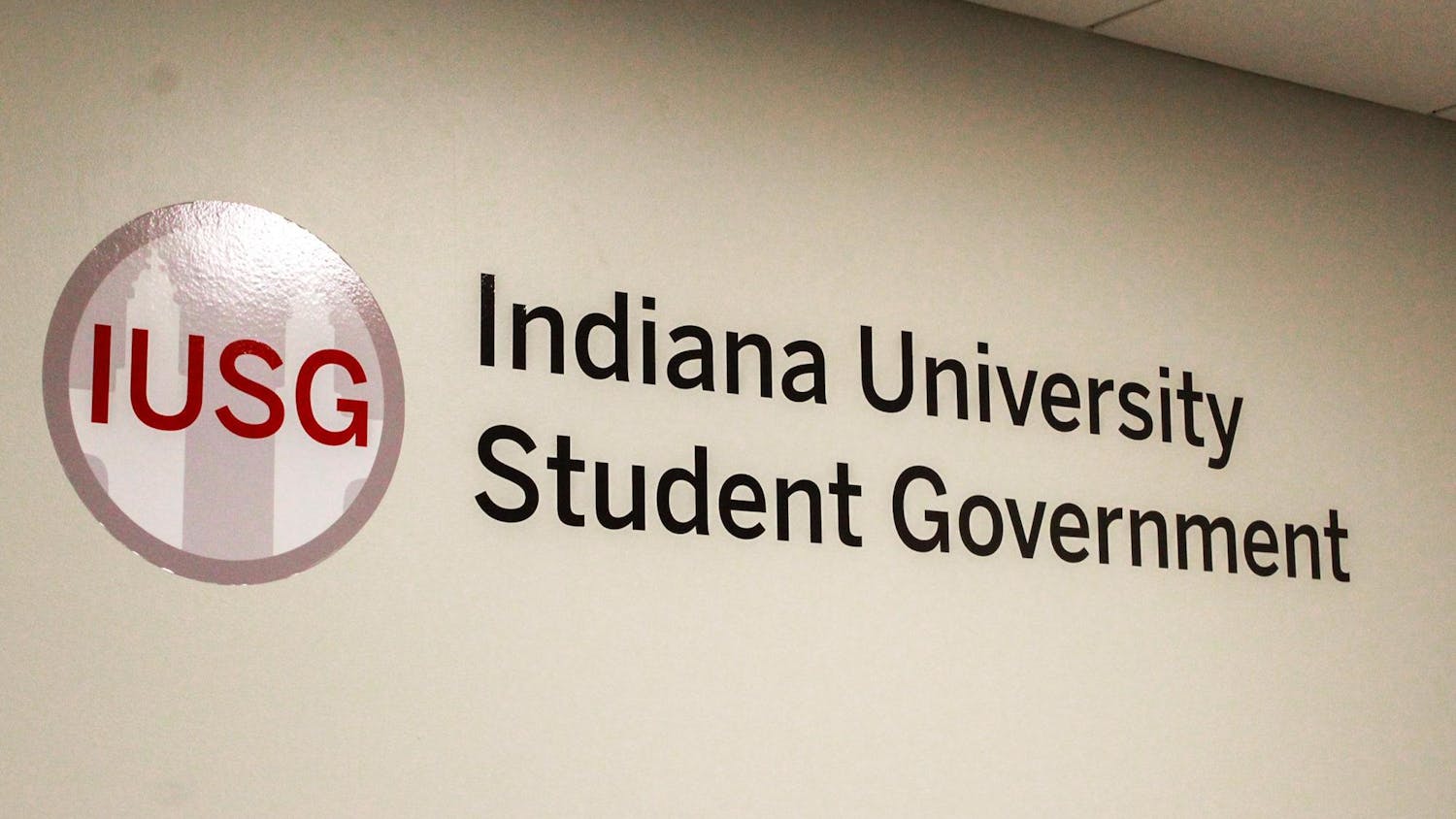IU’s campus closed for two consecutive days for the first time in more than two decades due to cold temperatures on Monday and Tuesday.
With negative 30 degree wind chills it was the coldest weather IU’s campus has experienced since January 1994. While businesses and schools across Monroe County closed for several days, some campus employees were still required to report to work.
“These record blasts have happened before, but it’s rare,” said IU professor of weather and climate Cody Fitzpatrick. “It’s once in a generation we see temps at this level for two to three days.”
Sub-zero temperatures often cause hypothermia and frostbite as well as frozen and bursting pipes. IU’s Residential Programs and Services added more staff to ensure residence halls and dining halls were well-protected.
“We added more night staff to patrol the halls constantly and also added personnel not usually assigned to custodial staff to walk the halls and listen for weird sounds and look for water,” RPS Director for Facilities Larry Isom said.
Isom said they did find a few freeze-ups and broken pipes, but they handled them promptly to make sure nothing was permanently damaged.
“If it’s a student room we took up the area carpets and then dried up the water and put new carpets in,” he said. “We were covered really well over this really bad time.”
Water damage due to the storm included a main water line break on North Jordan Avenue, which affected only the RPS offices. The Herman B Wells Library closed Wednesday because of broken pipes, and there was also a water main break in the Arboretum. All were repaired.
There were minor leaks in Briscoe and Willkie, Isom said, which were also repaired quickly.
“The students living in Union Street, Willkie and Briscoe were not disturbed at all,” he said. “With the type of weather we had we were very fortunate to escape through that hell,” Isom said.
Precautions against freezing in the dorms include advising students to keep their heat on, unplug appliances and make sure windows are shut tightly before they leave.
“We were thankful students weren’t here for the storm, but now our halls are open and ready for them to come back,” Isom said.
All staff except for necessary staff were told to stay home for their safety Monday and Tuesday.
Necessary staff included Mike Gervin, Campus Division’s head manager, and his crew, who are in charge of clearing campus roads, sidewalks and parking lots.
They are required to be at work no matter the weather conditions, Gervin said.
When his crew got to work Monday morning, it was minus 10 degrees with a minus 30 degree wind chill.
To prevent frostbite, the crew worked for about 15 minutes and then took refuge indoors to warm up before another 15 minutes of work.
They did this all day Monday for 12 hours, Gervin said, adding the crew’s attendance
was a testament to the workers’ morale.
“Ninety-five percent of our employees showed up and the other five percent had really good excuses,” he said.
Gervin said the biggest challenge he and his crews faced was getting the equipment to start because the motors were so cold.
“We don’t have enough warm storage space for our small tractors and things,” he said. “I hope we can find space so in the morning next time we can get them started right away instead of waiting.”
Another problem during extreme cold is that at about 15 degrees, salt will no longer melt ice, Gervin said. The Campus Division still uses it to pretreat roads and sidewalks, but it does not work as effectively.
“It breaks the bonds between the roads and the ice and snow so it’s easier to clear, but it won’t melt the ice,” Gervin said.
Full-time Campus Division employees who worked to clear the snow and ice were paid their normal wage, and because they belong to a union, they receive overtime pay when campus is closed.
Part-time hourly workers and contracted workers were not similarly compensated. The University is still deciding how to pay these employees overtime, Gervin said.
“I think if you’re standing scraping the steps of Assembly Hall you should be compensated at the same rate as the guy next to you,” Gervin said. “The University doesn’t close often so this is a new situation to work out.”
By working 15-hour days on Sunday, 12-hour days on Monday, and 10-hour days on Tuesday, Campus Division was able to clear 21 miles of University streets, 52 miles of sidewalks and more than 20 miles of steps all around campus, Gervin said.
Fitzpatrick said it’s hard to tell what the storm means about the remainder of the season, but he thinks the weather will be wet.
“Since it’s mid-January we can expect one or two more snowfalls before winter is over, putting us above normal for snowfall this year, “ he said.
And as for anyone arguing this storm proves or disproves global warming, Fitzpatrick said no one event in one part of the world can tell us much about what is happening
globally.
“While we’re recovering from the cold, Australia is having record heat waves and Europe is having a warmer winter, much warmer than normal,” Fitzpatrick said. “We would need to look at two to three decades worth of trends to really know anything.”
Campus employees hindered by snowstorm
Get stories like this in your inbox
Subscribe



